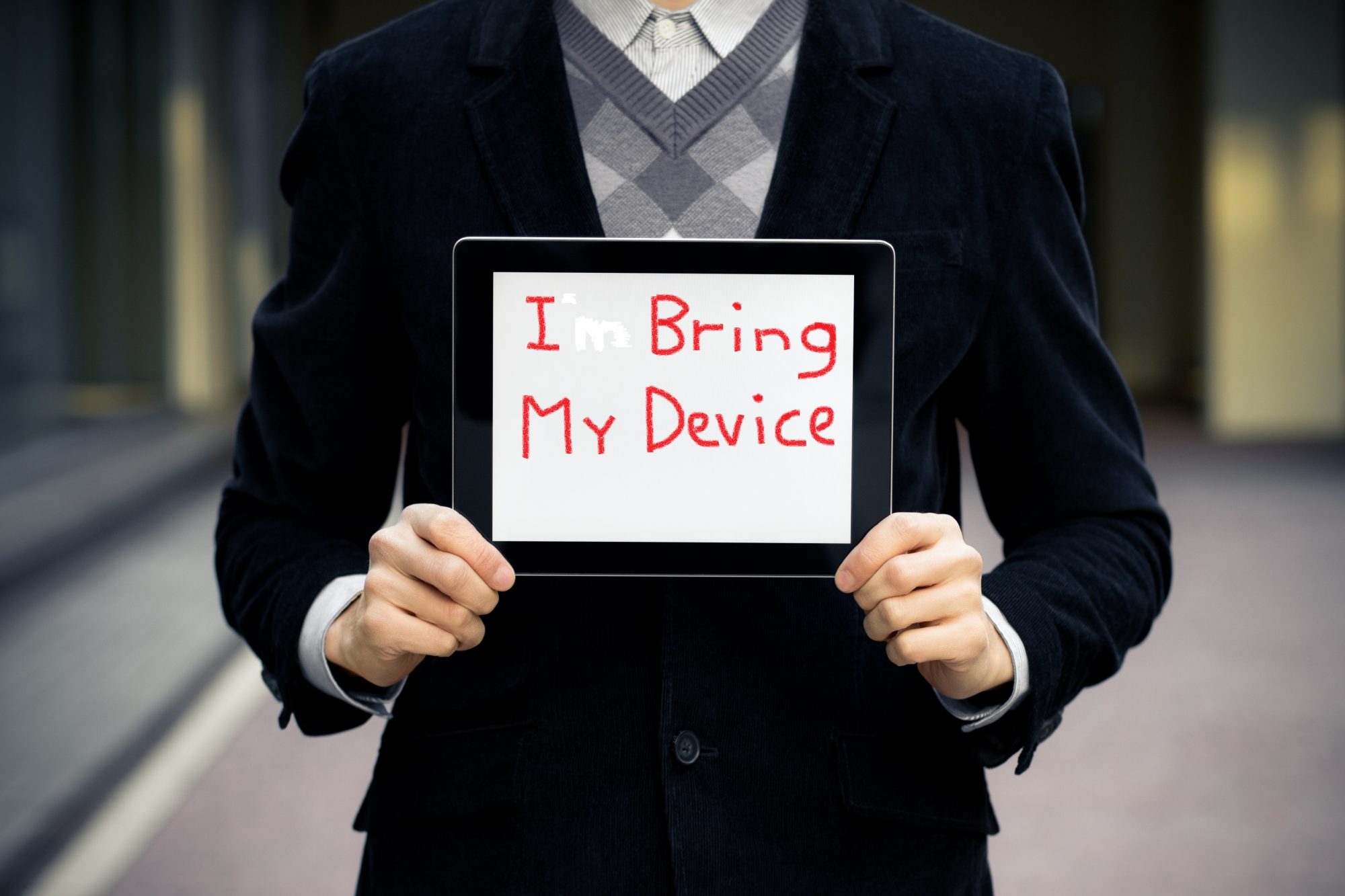The majority of small to mid-size businesses have no clue where there data is stored.
This conclusion comes from market research company TNS Infratest after a survey found that 60 per cent of SMBs have only a basic understanding of what company data is stored on employees’ own mobile devices. The TNS Infratest study by TNS Infratest was conducted for Internet security vendor Kaspersky Lab.
The bring your own device (BYOD) trend is a major factor, the study found. However, despite the overwhelming BYOD trend in business, only 35 per cent of IT managers admitted to having strict enough rules and policies in place to provide an accurate overview of company information contained on personal devices.
As more employees use their own devices for business purposes, a lack of knowledge on the security implications of BYOD is presenting serious risks to SMBs. With 525,000 mobile phones reported stolen in 2011/2012 as part of the Crime Survey for England and Wales, businesses can face company data falling into the wrong hands if not effectively managed. Should the worse happen, in the absence of a clear overview of what company data was on the lost or stolen device, it becomes difficult for IT managers to manage the potential repercussions.
David Emm, senior security researcher, Kaspersky Lab said the statistics showing the number of devices lost or stolen each year shows why it is important for SMBs to have an accurate overview of what company information employees have on personal devices.
“Only when clear BYOD rules are in place, can adequate steps be taken to build a robust security solution should a device be lost or stolen. To best protect data a policy should include file encryption, blocking access to the corporate network and, in the best case, wiping all data on the device,” he said.






For most organizations, BYOD is a reality and there is “gold in them hills”
for the IT team that leverages the momentum. IT Managers need to be
responsive to the needs of the business and users. What about BYOD policies,
governance, and administration? A couple of points to consider:
Strict rules are what got us here in the first place:
I agree some policies are needed, but policies are only the documented
rules, roles, and responsibilities – training and education is what is really
required to change behaviour. Start with trust and then verify.
Data protection:
Smartphones
and tablets are transactional devices with VERY little data stored on them.
Think about how much company data is stored in the cloud and how it often
presents a larger challenge (read opportunity) for IT.
IT departments need to change their focus and embrace the opportunity for (1) better
user satisfaction, (2) increased productivity (users like to pick their tools)
and (3) accelerating mobile technology adoption (which directly impacts the
speed of business transformation). By making your people more
reachable at critical times, allowing them to work more effectively outside of
the office, and gain immediate access to information for decision making and
responding to customers, BYOD can help transform your business.
http://www.longviewsystems.com/solutions/cloud/ondemand-mobility/